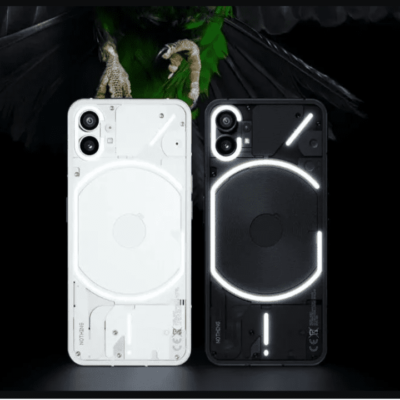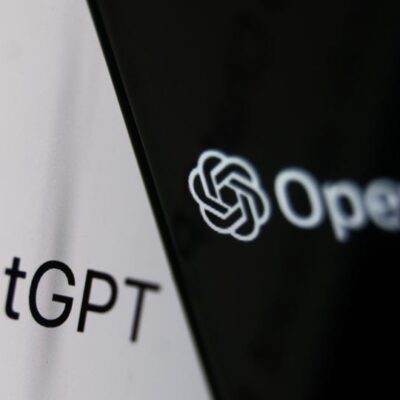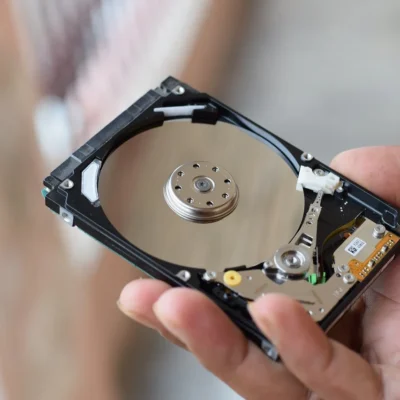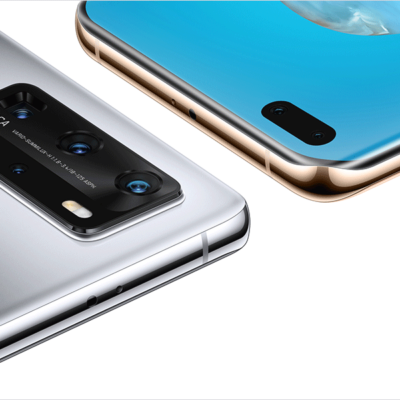Discover how Huawei Pura 70 Ultra satellite connectivity allows you to send images from anywhere. Explore its advanced camera features and technical specs.
Huawei has just unveiled its latest smartphone lineup, the Pura 70 range, and it’s packed with exciting updates. Among the standout features is the introduction of Satellite+ communication, a groundbreaking addition allowing users to send images via satellite when conventional cellular connectivity isn’t available.
This innovative feature, previously unseen in regular smartphones, builds on Huawei’s legacy of pushing technological boundaries. Following last year’s groundbreaking Huawei Mate 60 Pro, which introduced satellite phone calls, the Pura 70 Ultra now extends this capability to image transmission, particularly emphasizing its utility in emergency situations where cellular networks may be inaccessible. However, given the limited bandwidth of satellite communication, images sent via this method undergo significant compression, potentially impacting image quality. Consequently, it’s primarily intended for emergency use.
To utilize this feature fully, both the sending and receiving devices need to have the Changlian app installed. Without it, recipients will only receive a standard text message, as explained by Huawei’s Bruce Lee.
Beyond its satellite capabilities, the Pura 70 Ultra boasts impressive enhancements in other areas. Notably, the device supports wireless communication through an advanced fusion of Lingxi antenna, Lingxi network, and Lingxi AI algorithm, ensuring a robust and stable connection even in areas with weak signals.
The Pura 70 Ultra camera is another highlight, featuring a retractable zoom lens mechanism. This mechanism, coupled with a one-inch sensor and variable aperture, delivers exceptional photographic versatility, rivaling dedicated digital SLR cameras. The retractable design enables the sensor and lens to maintain optimal distance, ensuring optimal image quality without adding bulk to the device.
Moreover, Huawei’s commitment to quality is evident in rigorous testing, with the retractable mechanism undergoing 300,000 retractions to ensure durability and reliability. This robust construction allows for crisp, high-speed photo capture, capable of capturing fast-moving subjects with remarkable clarity.
In addition to its technical prowess, the Pura 70 series introduces a sleek new design, marking a significant evolution from its predecessor, the P60. With multiple variants available, including the Pro and Ultra versions, Huawei offers users a range of options to suit their needs and preferences.
Despite the Pura 70 Ultra impressive features, it’s not without competition. Apple’s satellite connectivity in the iPhone 14 series offers similar functionalities, albeit with limitations on image transmission. Nevertheless, Huawei’s continued innovation sets a high bar for its competitors, prompting speculation about future advancements in smartphone technology.

As Huawei expands its product lineup, including the upcoming Mate 70 smartphone powered by HarmonyOS, it’s clear that the company remains at the forefront of technological innovation, driving progress and redefining the smartphone landscape.
Satellite Connectivity: A Deep Dive
The satellite connectivity in the Pura 70 Ultra works by integrating with existing global satellite communication networks, offering coverage in geographical areas where traditional mobile signals are absent. This feature is crucial for adventurers, travelers, and professionals who frequent or work in off-grid locations. It ensures that they can stay connected and share critical information or vivid memories through images, regardless of their proximity to conventional cellular networks.
Specifications of Huawei Pura 70 Ultra
| NETWORK | Technology | GSM / CDMA / HSPA / CDMA2000 / LTE / 5G |
|---|
| LAUNCH | Announced | 2024, April 18 |
|---|---|---|
| Status | Coming soon. Exp. release 2024, April 29 |
| BODY | Dimensions | 162.6 x 75.1 x 8.4 mm (6.40 x 2.96 x 0.33 in) |
|---|---|---|
| Weight | 226 g (7.97 oz) | |
| Build | Glass front, aluminum frame, silicone polymer back (eco leather) | |
| SIM | Dual SIM (Nano-SIM, dual stand-by) | |
| IP68 dust/water resistant (up to 2m for 30 min) |
| DISPLAY | Type | LTPO OLED, 1B colors, HDR, 120Hz, 2500 nits (peak) |
|---|---|---|
| Size | 6.8 inches, 109.0 cm2 (~89.3% screen-to-body ratio) | |
| Resolution | 1260 x 2844 pixels (~460 ppi density) | |
| Protection | Kunlun Glass (Xuanwu tempered) |
| PLATFORM | OS | HarmonyOS 4.2 |
|---|---|---|
| Chipset | Kirin 9010 (7 nm) | |
| CPU | Octa-core (1×2.3 GHz Taishan Big & 3×2.18 GHz Taishan Mid & 4×1.55 GHz Cortex-A510) |
| MEMORY | Card slot | No |
|---|---|---|
| Internal | 512GB 16GB RAM, 1TB 16GB RAM |
| MAIN CAMERA | Triple | 50 MP, f/1.6-4.0, 23mm (wide), 1.0″-type, PDAF, Laser AF, sensor-shift OIS, retractable lens 50 MP, f/2.1, 90mm (telephoto), PDAF (5cm – ∞), OIS, 3.5x optical zoom 40 MP, f/2.2, 13mm (ultrawide), AF |
|---|---|---|
| Features | LED flash, panorama, HDR | |
| Video | 4K, 1080p, HDR, gyro-EIS, OIS |
| SELFIE CAMERA | Single | 13 MP, f/2.4, (ultrawide), AF |
|---|---|---|
| Features | HDR, panorama | |
| Video | Yes, HDR |
| SOUND | Loudspeaker | Yes, with stereo speakers |
|---|---|---|
| 3.5mm jack | No |
| COMMS | WLAN | Wi-Fi 802.11 a/b/g/n/ac/6, dual-band, Wi-Fi Direct |
|---|---|---|
| Bluetooth | 5.2, A2DP, LE, L2HC | |
| Positioning | GPS (L1+L5), GLONASS (L1), BDS (B1I+B1c+B2a+B2b), GALILEO (E1+E5a+E5b), QZSS (L1+L5), NavIC | |
| NFC | Yes; NFC-SIM, HCE | |
| Infrared port | Yes | |
| Radio | No | |
| USB | USB Type-C 3.1, OTG, DisplayPort 1.2 |
| FEATURES | Sensors | Fingerprint (under display, optical), accelerometer, proximity, gyro, compass, color spectrum |
|---|---|---|
| BDS Satellite Calling and Message |
| BATTERY | Type | 5200 mAh, non-removable |
|---|---|---|
| Charging | 100W wired 80W wireless 20W reverse wireless 18W reverse wired |
| MISC | Colors | Black, White, Brown, Green |
|---|---|---|
| Models | HBP-AL00 | |
| Price | About 1300 EUR |









